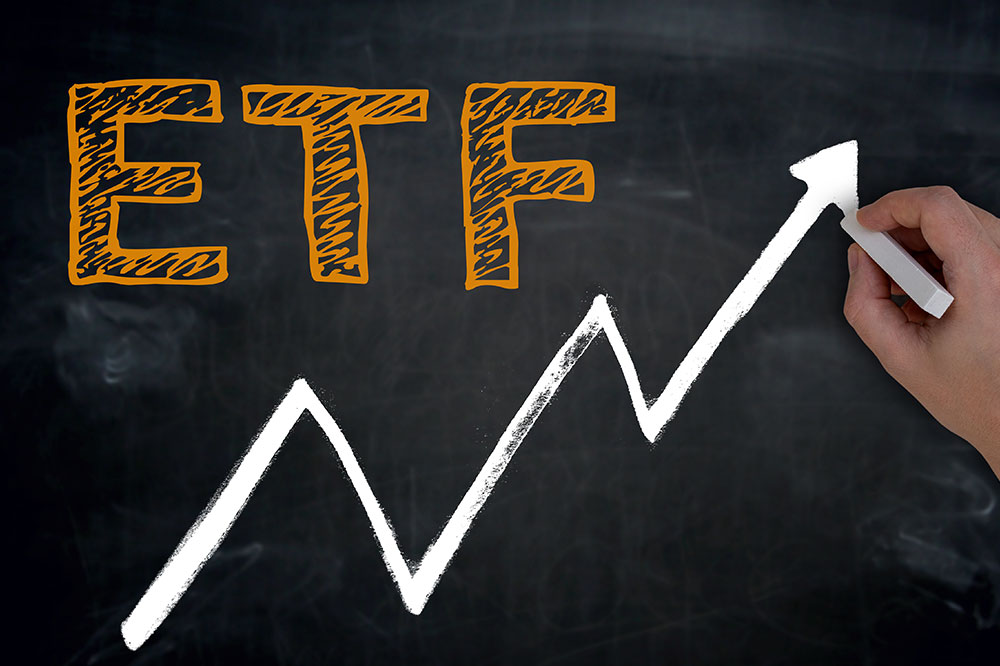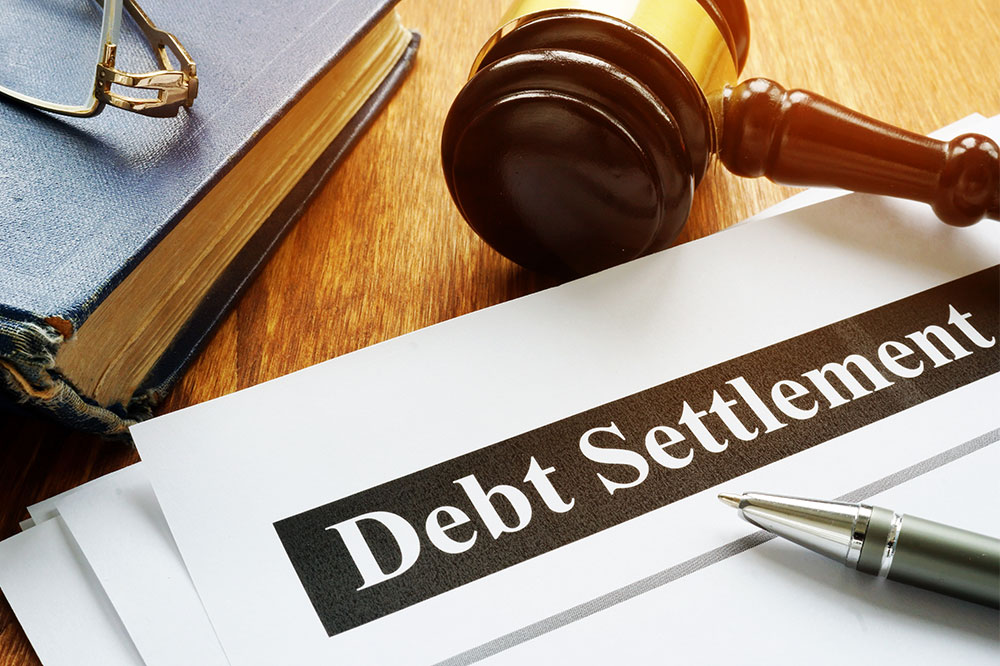
Everything Else
5 ways homeowners can stay safe from home title theft
Home title theft is a serious concern for homeowners across the country. The term describes real estate fraud, where scammers and identity thieves target properties to fraudulently transfer their ownership. Once they successfully do this, they can forge deeds to apply for home equity loans, refinance the mortgage, etc., in the homeowner’s name, leading to severe financial and legal trouble for homeowners. Thus, here are some things homeowners must do to protect their properties. Keep track of their mail and bills Monitoring the mail closely is an often overlooked aspect of ensuring that there has been no home title theft. If one notices that they have not been receiving their regular mail or bills, it could be possible that something is amiss. In such a situation, one must contact the billing companies to find out if there has been an error from their side. If not, there may be chances that identity thieves have changed their home address. Moreover, it is also essential to ensure that the mailboxes have enough safety. This is because thieves may attempt to intercept the mail to gain access to sensitive documents or information related to the property. Regularly monitor credit reports Whether one is a homeowner or not, they must regularly monitor their credit report.













